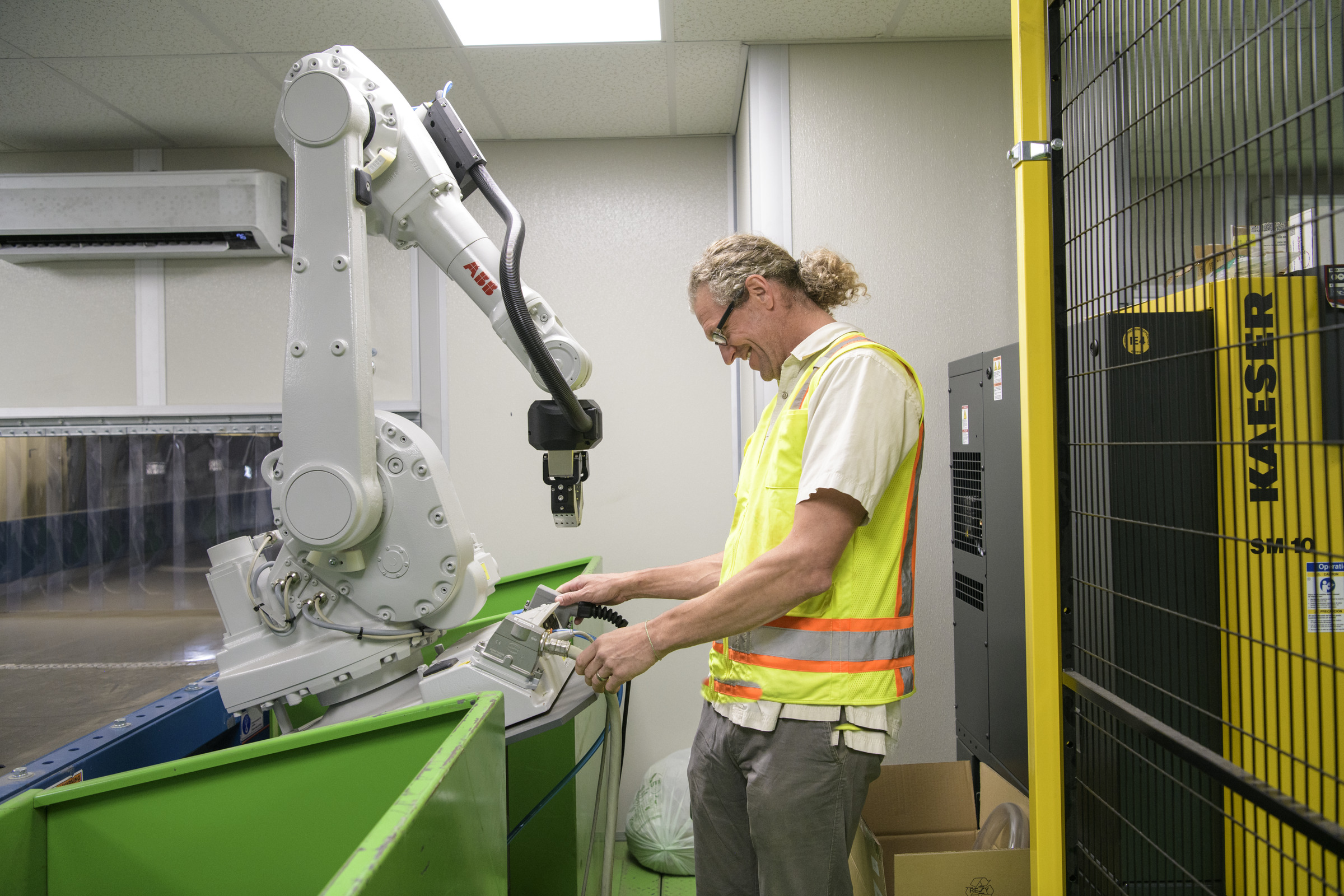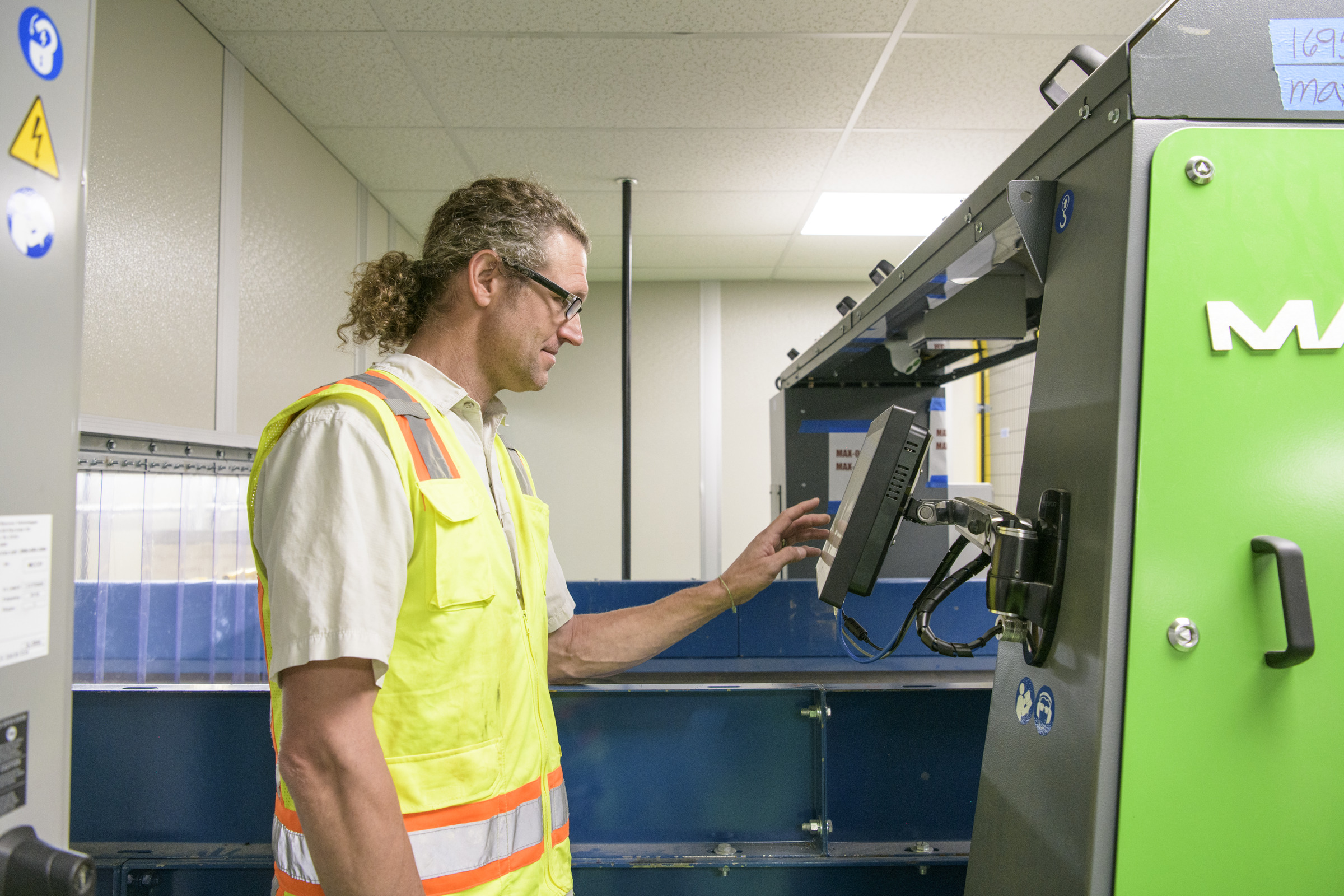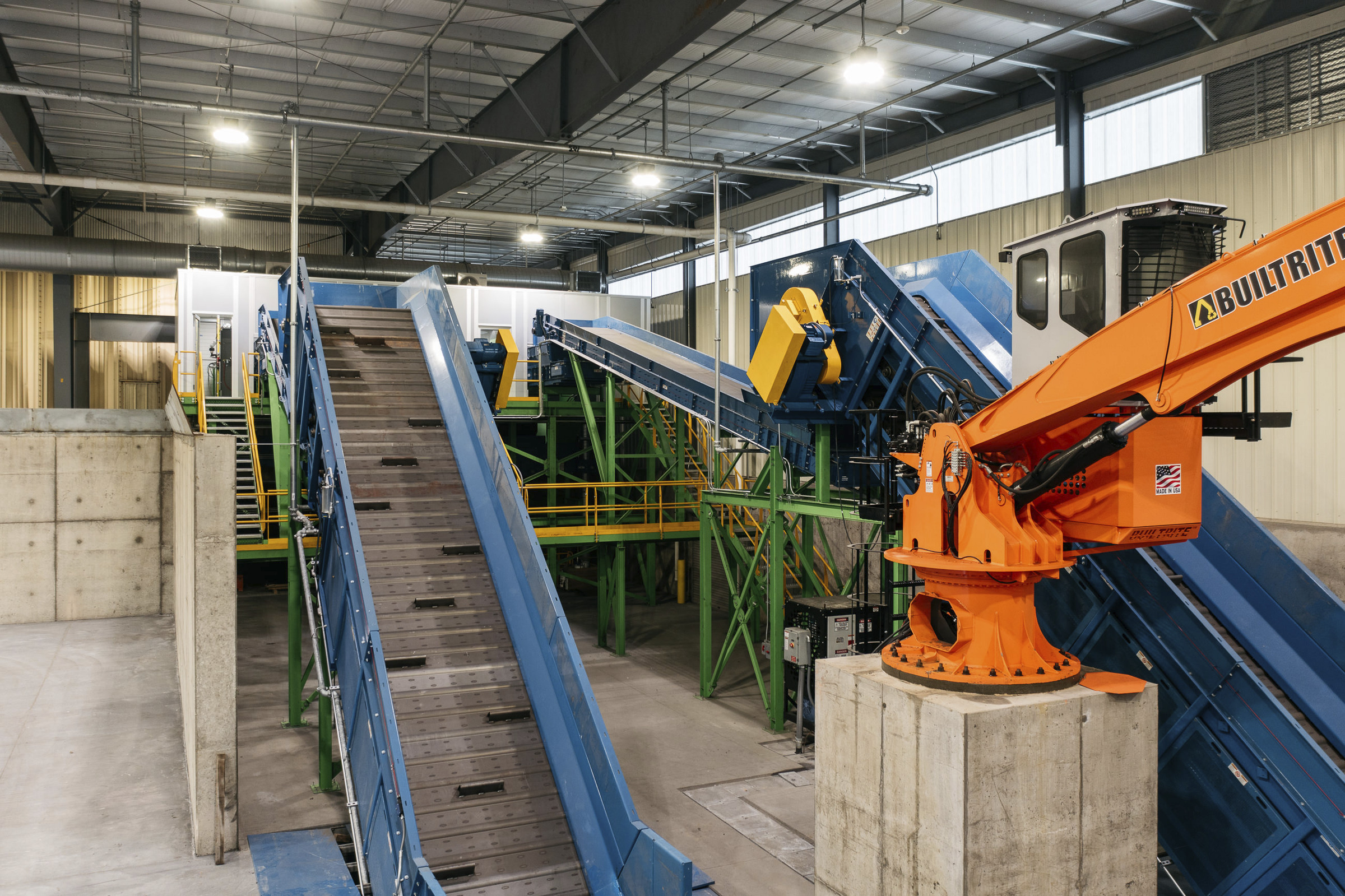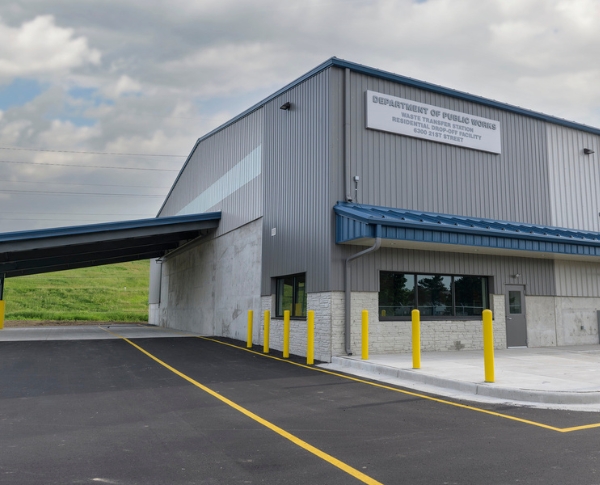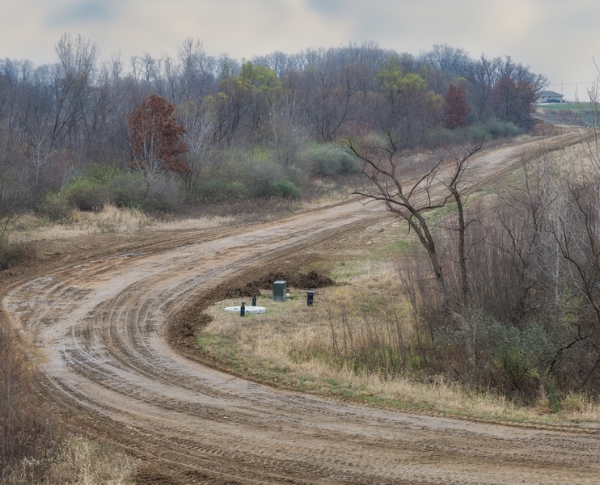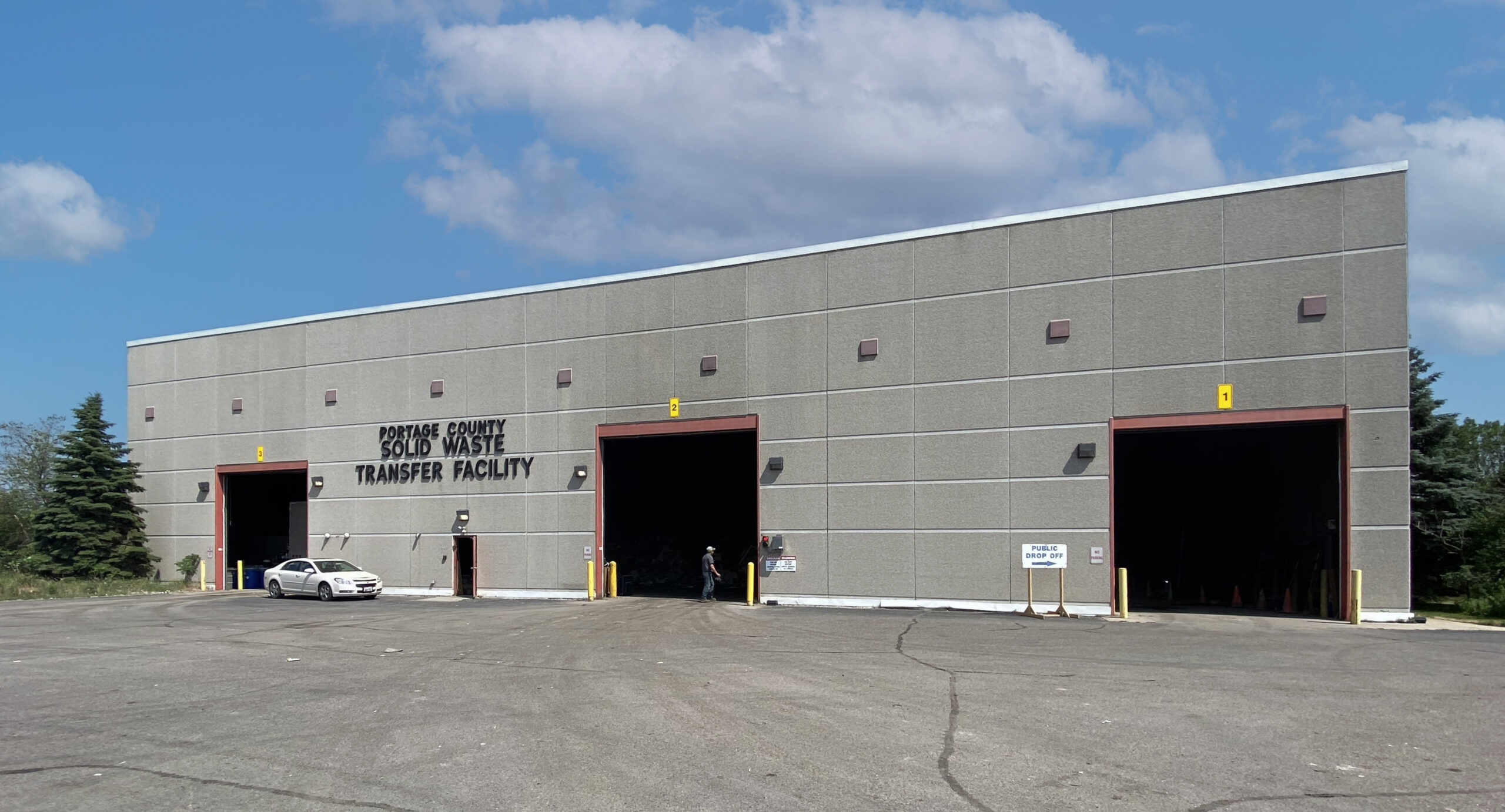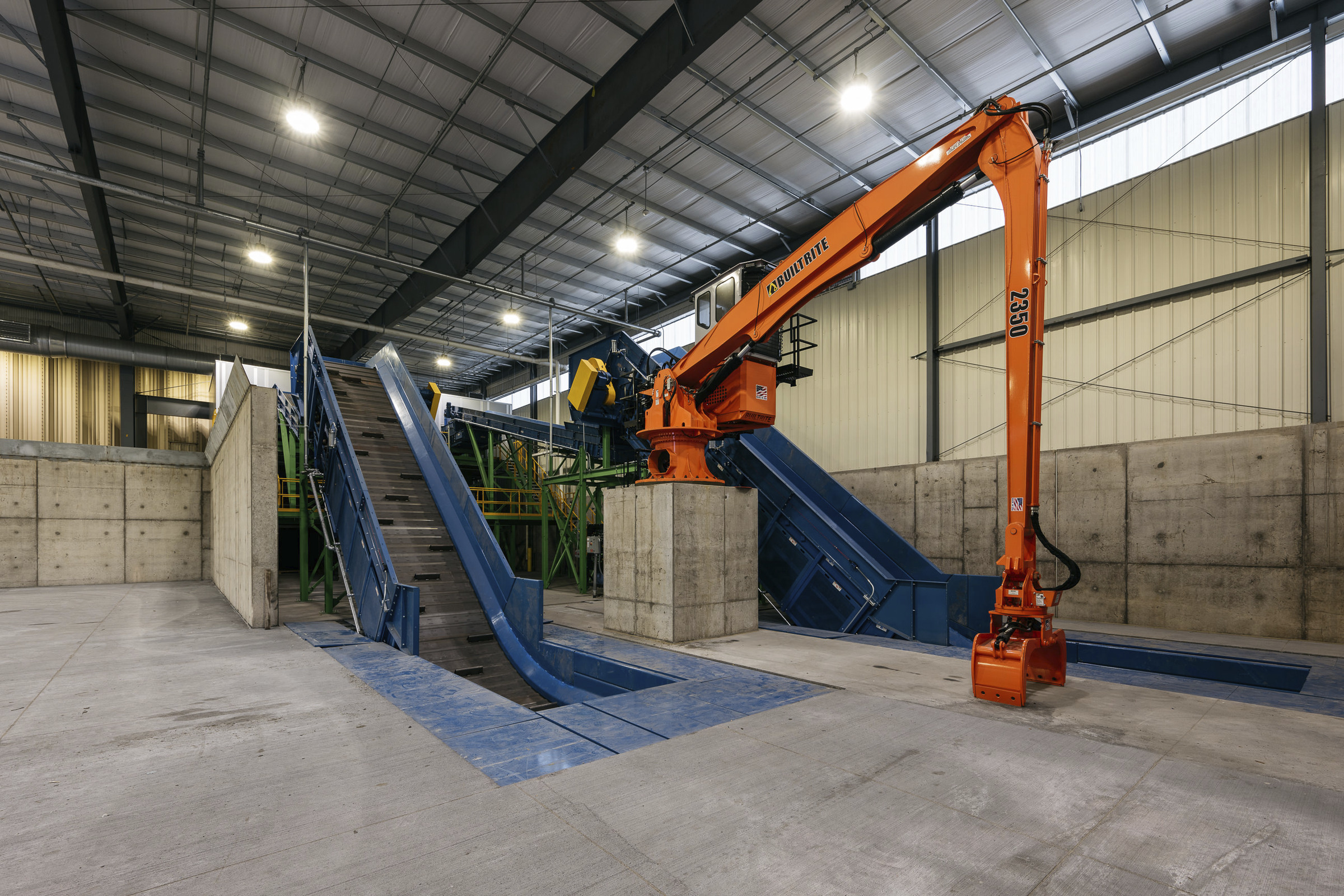
Background
Ramsey/Washington Recycling & Energy is making significant investments to maximize the recovery of resources and divert as much as possible from landfills to reach the Minnesota Metro counties’ 75% recycling goal by 2030. Innovative technology at the R&E Center, Newport, Minnesota, will help recover food scraps, metals, plastic, and cardboard.
Approach
Organics, including food scraps, make up about 20-25% of trash collected in Ramsey and Washington counties by weight. The Food Scrap Bags (FSB) program will allow households in Ramsey and Washington Counties to voluntarily participate in food scraps collection and recovery. Foth provided a preliminary design and costs for a building, sortation equipment, and operations and maintenance for the FSB program. Our team also prepared Requests for Proposals (RFPs) for the FSB manufacturer and evaluation of the responding FSB manufacturers bags.
Foth provided the preliminary design of the FSB processing equipment and a separate recyclable recovery system, including estimating the amount of recyclables that could potentially be recovered. Based on program roll-out starting in 2023, participation is expected to increase as the program matures. When the program is at full maturity, 175,000 to 200,000 tons per year of municipal solid waste (MSW), including FSBs, is anticipated to run through the FSB sortation system. Once collected and sorted, the food scraps will be composted initially, and anaerobically digested in the future.
Foth assisted R&E in preparation of Phase I and Phase II RFPs for technology providers to receive the FSB organics as a feedstock in their process. Two technology providers were selected for a negotiation process, in which Foth provided technical and economic support. Through this process, a single technology provider for anaerobic digestion was selected.
In preparation for the investments in food scraps recovery, R&E also asked Foth to research the end market demand for finished food scraps-derived compost (FSDC). Developing policies to require use of FSDC in projects is a way to ensure ongoing use of the product. The research project could potentially lead to a more long-term, sustainable policy approach to FSDC market development. As an interim strategy, R&E initiated a program to purchase, transport, and “give away” FSDC to selected community organizations. This form of market development can help stimulate initial demand and interest. A policy approach may reduce or avoid the need to directly subsidize the use of FSDC.
Results
We are honored to serve R&E for more than two decades and counting, sharing the same vision to connect value to waste. Through their leadership in policy research and development, and the new food scraps pickup program, they continually serve as leaders in moving Minnesota toward the 75% recycling goal.
Markets: Solid Waste
Services: Solid Waste Services

